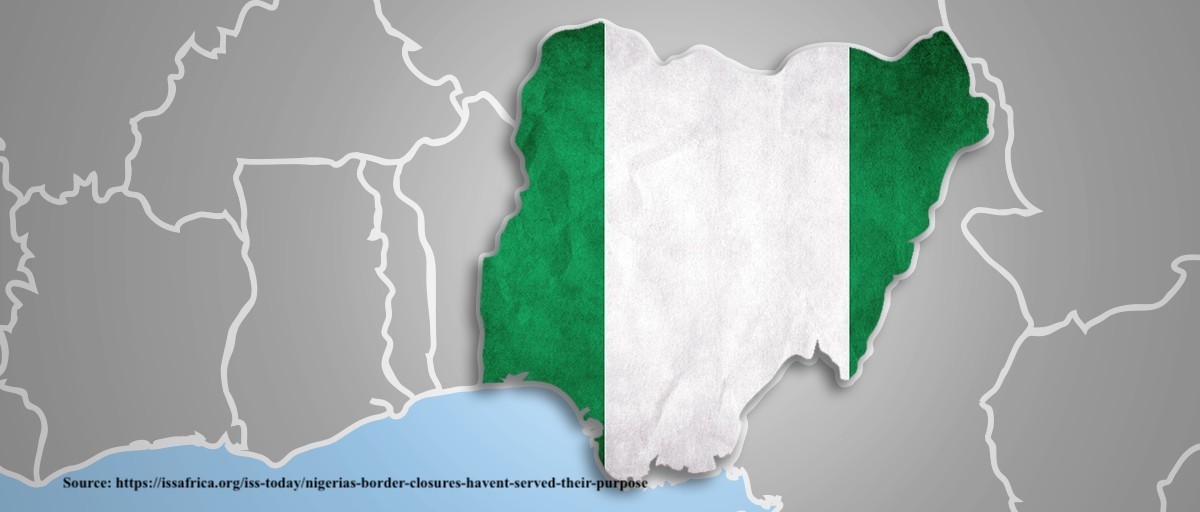An Assessment of the Impact of Border Closure by the Nigeria Government on Regional Integration in the West Africa Region

Downloads
Abstract
Nigeria is the acclaimed giant of Africa in specific ramifications. The country is bordered by four African countries namely Cameroon, Chad, Benin, and Niger, and emphatically the hub-nub of economic survival of many African nations such as Togo and Ghana. However, Nigeria’s government recently announced the closure of its borders with these neighboring countries albeit, temporarily, and cited illegal importation of goods and services from these countries which has a consequential damaging effect on her economy. This paper interrogates the reasons and consequences of Nigeria’s Government’s action on border relations with neighboring countries. Adopting the descriptive design method, the research work relied heavily on secondary sources of data collection. Proximate stakeholders such as importers and exporters, Nigerian farmers, and relevant government agencies on border control were also interacted with. Using protectionist theory to analyze trends of actions, the theory argues that protectionist trade policies will always lead to an improved economic result. Findings reveal that despite short-run socio-political and economic gains, protectionism negates the principle of globalization and free trade principles which both the Economic Community of West African States(ECOWAS) and Africa Union(AU) promote among its member states including Nigeria that are signatories to the free trade protocols. The paper recommends among others, that the Nigeria Government should address her internal challenges within its border security apparatus to avert the double jeopardy of violating border relations principles and creating a trade war with her neighbors
Copyright (c) 2023 Hasanuddin Journal of Strategic and International Studies (HJSIS)

This work is licensed under a Creative Commons Attribution 4.0 International License.















